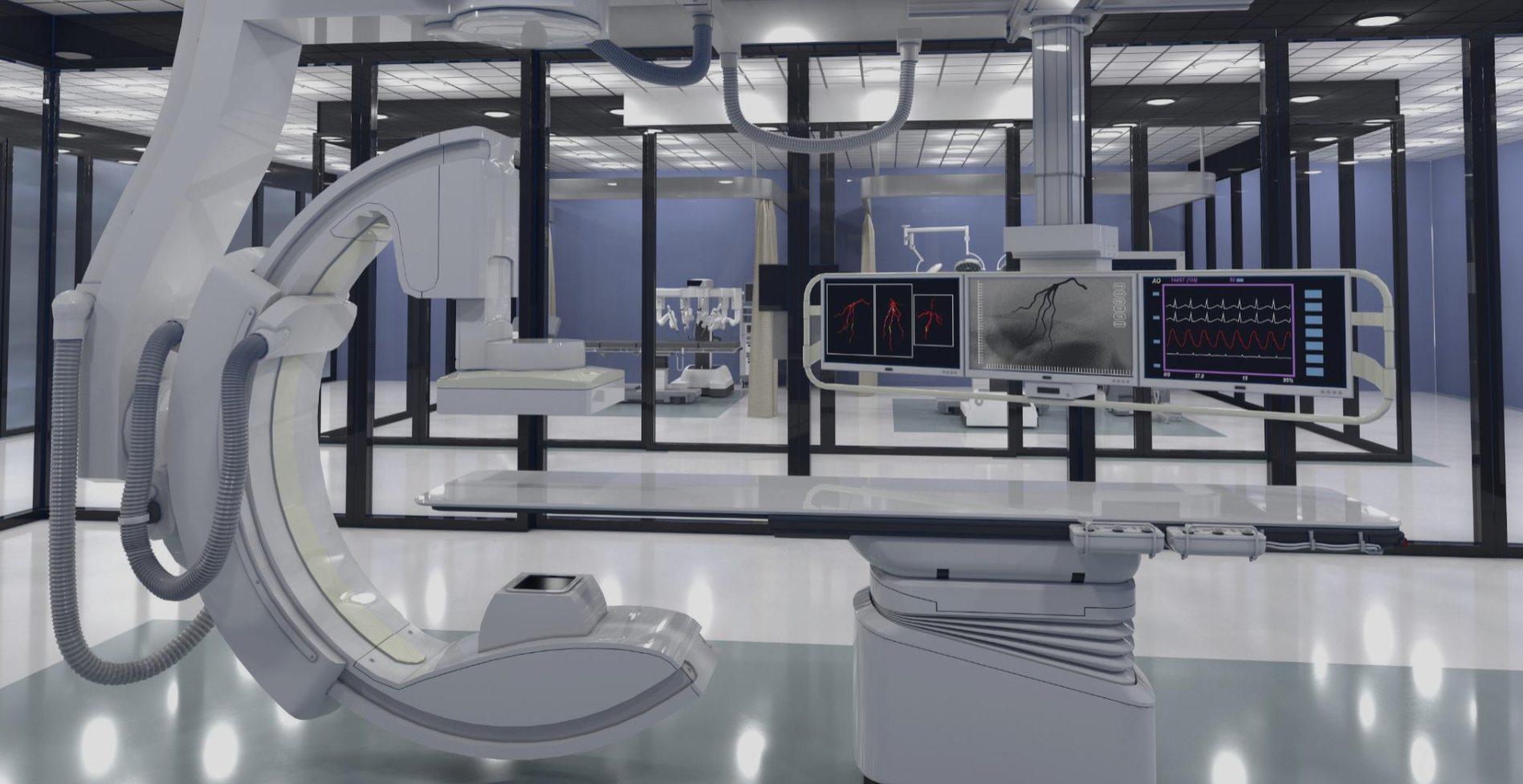Artificial intelligence (AI) has been making significant strides in various industries, and one of the most promising areas is medicine. With its ability to analyze large amounts of data and make predictions, AI has the potential to revolutionize patient care in the healthcare industry.
AI in medicine is a game-changer for patient care in many ways. One of the most significant impacts is in medical diagnostics. AI algorithms can analyze medical images such as X-rays, MRIs, and CT scans with a level of accuracy that rivals or even surpasses that of human doctors. This can lead to earlier and more accurate diagnoses, which can ultimately improve patient outcomes.
In addition, AI can help personalize treatment plans for patients. By analyzing patient data and medical records, AI can help healthcare providers tailor treatment plans to each individual’s unique needs. This can lead to better outcomes and reduce the risk of adverse reactions to medications.
Furthermore, AI-powered virtual assistants can improve patient engagement and communication. These virtual assistants can provide patients with personalized health information, remind them to take medications, and even conduct virtual consultations with healthcare providers. This can lead to more proactive and involved patients, which can ultimately lead to better health outcomes.
Another promising application of AI in medicine is predictive analytics. By analyzing patient data, AI algorithms can predict which patients are at risk of developing certain conditions or complications. This can help healthcare providers intervene earlier and provide preventive care to those who need it most.
AI in medicine also has the potential to improve healthcare operations. By analyzing operational data, AI can help healthcare facilities optimize resource allocation, streamline workflows, and improve the overall efficiency of healthcare delivery. This can lead to better patient experiences and reduced wait times.
However, as with any new technology, there are challenges and considerations when it comes to implementing AI in medicine. One of the main concerns is the need to ensure patient data privacy and security. Healthcare providers must ensure that patient data is protected and used responsibly in accordance with privacy regulations.
Another challenge is the need to ensure that AI algorithms are transparent and unbiased. It is crucial to ensure that AI systems do not perpetuate or amplify existing biases in healthcare. This requires careful development and testing of AI algorithms to ensure that they are fair and equitable.
Despite these challenges, the potential benefits of AI in medicine are undeniable. AI has the potential to improve medical diagnostics, personalize treatment plans, enhance patient engagement, and improve healthcare operations. As the technology continues to advance, AI is likely to become an integral part of patient care in the healthcare industry. The integration of AI in medicine is indeed a game-changer for patient care and has the potential to revolutionize the healthcare industry as we know it.















